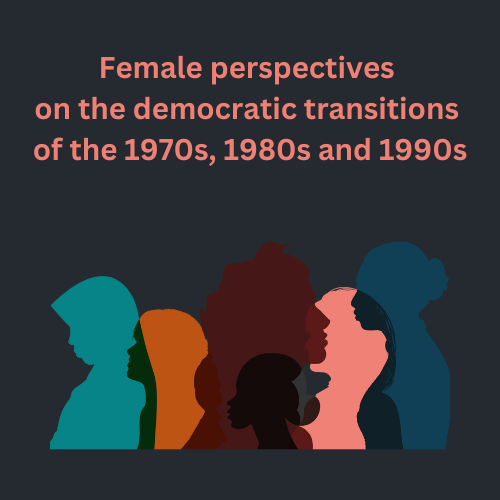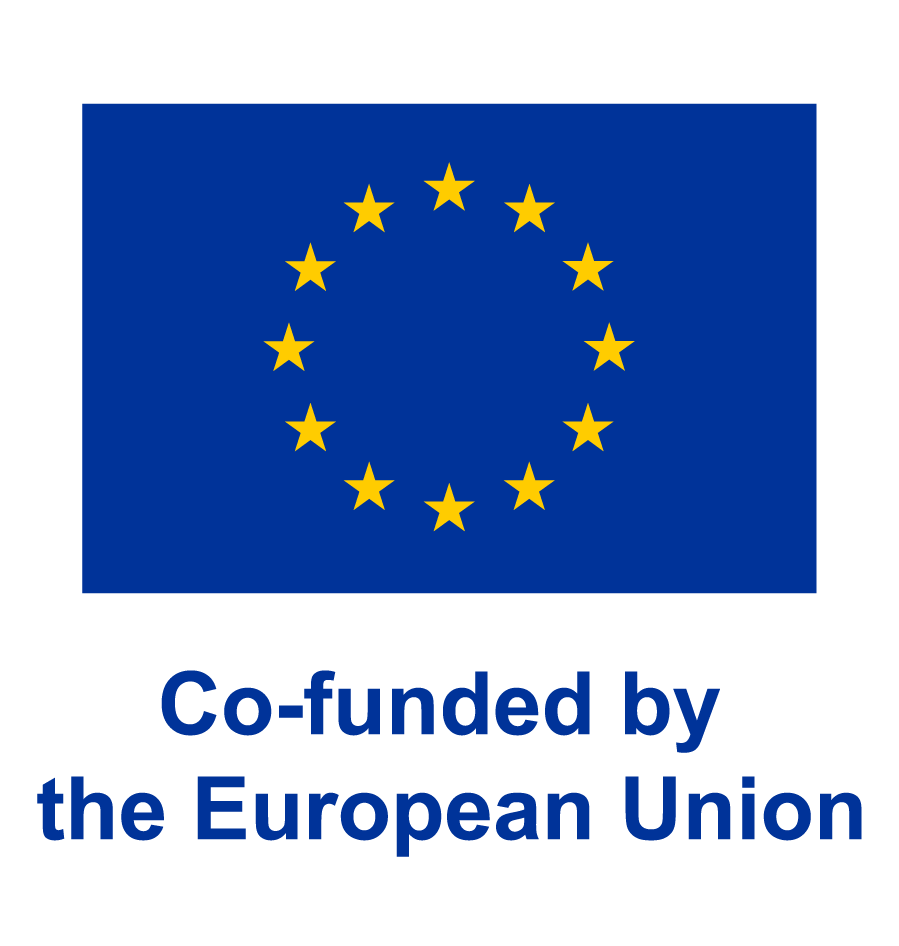Policy recommendations for a more gender-balanced interpretation of contemporary history

In the scope of the project „Female perspectives on the democratic transitions in the 1970s, 1980s, and 1990s” (@reshaping1989), the project team has produced the publication "The future is female, and so is the past". With this document, we aim to support a new, more inclusive and gender-balanced interpretation of contemporary history, and of the democratic transitions in particular.
The document was created by the five organizations involved in the project Documenta – Centre for dealing with the past (Croatia), The Future Now Association (Bulgaria), Lapsus – Laboratorio di analisi storica del mondo contemporaneo (Italy), Zavod APIS (Slovenia), and Asociacion Las ninas del tul (Spain).
In the publication, each partner organization presents the historical context of the democratic transition in their country: the transition from socialism to democracy in Bulgaria, the breakup of Yugoslavia and the democratic transitions in Croatia and Slovenia, non-institutional democratization in Italy in the 1970s, characterized by the “strategy of tension”, and the Spanish transition to democracy after the regime of Francisco Franco. The publication presents the women's contributions explored in the scope of the project and the time witnesses involved in the creation of the podcast "Female perspectives on democratization".
The document suggests a compilation of good practices that promote women's contributions to the democratic transitions from all parnter countries. These methods and tools have proven to be the most successful during the implementation of the project and can serve as ideas and motivation for other civil society organizations that work on the project's topics.
The publication also brings concrete recommendations on further actions that promote gender-balanced historical narratives in formal and non-formal education. This action plan for combating gender disparity in history understanding is the result of the feedback gathered during the project.
You can download the publication at the link below.
This publication is created in the scope of the project “Female perspectives on the democratic transitions in the 1970s, 1980s, and 1990s”.
The project is co-financed by the European Union.
Views and opinions expressed are however those of the authors only and do not necessarily reflect those of the European Union or EACEA. Neither the European Union nor the granting authority can be held responsible for them.

